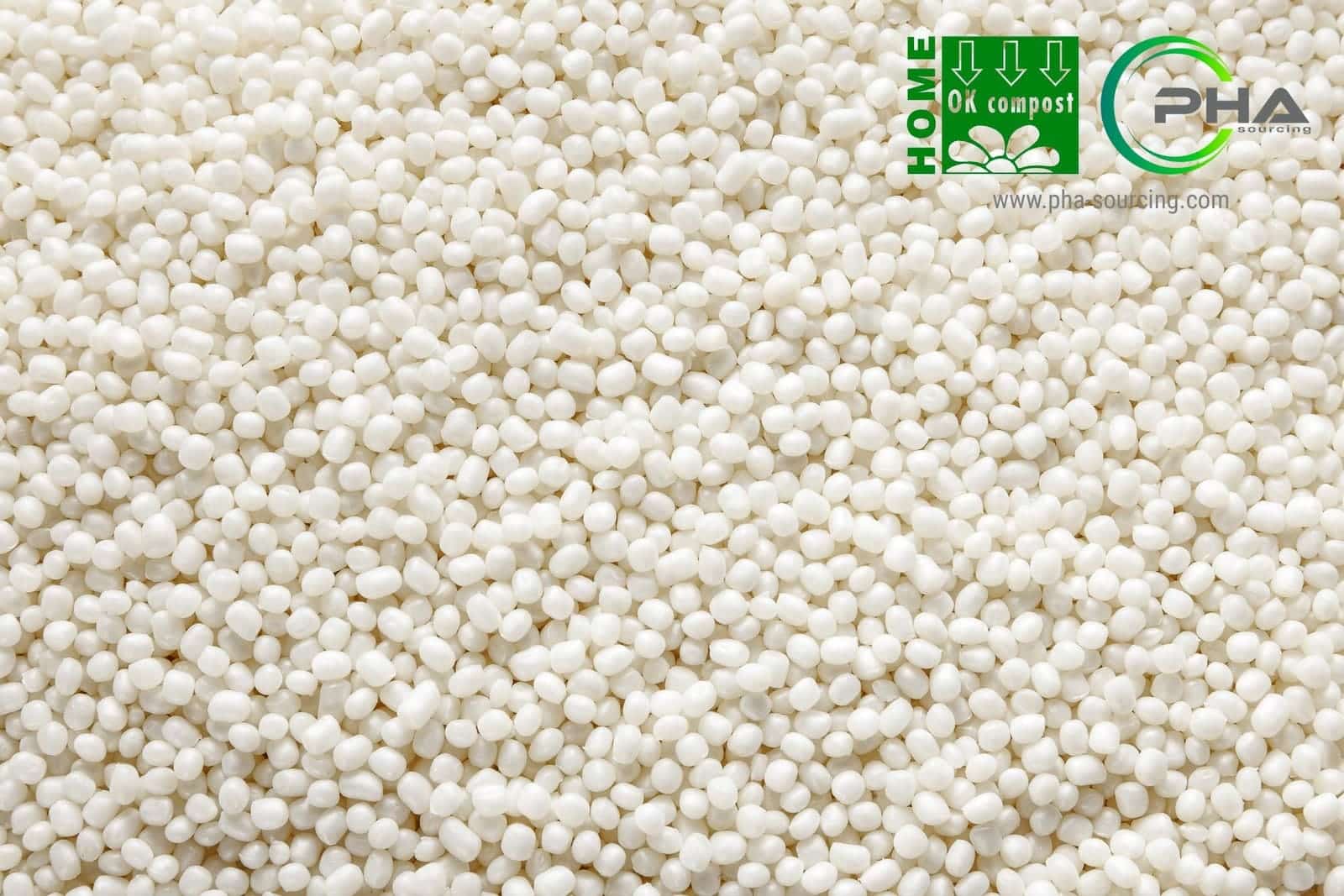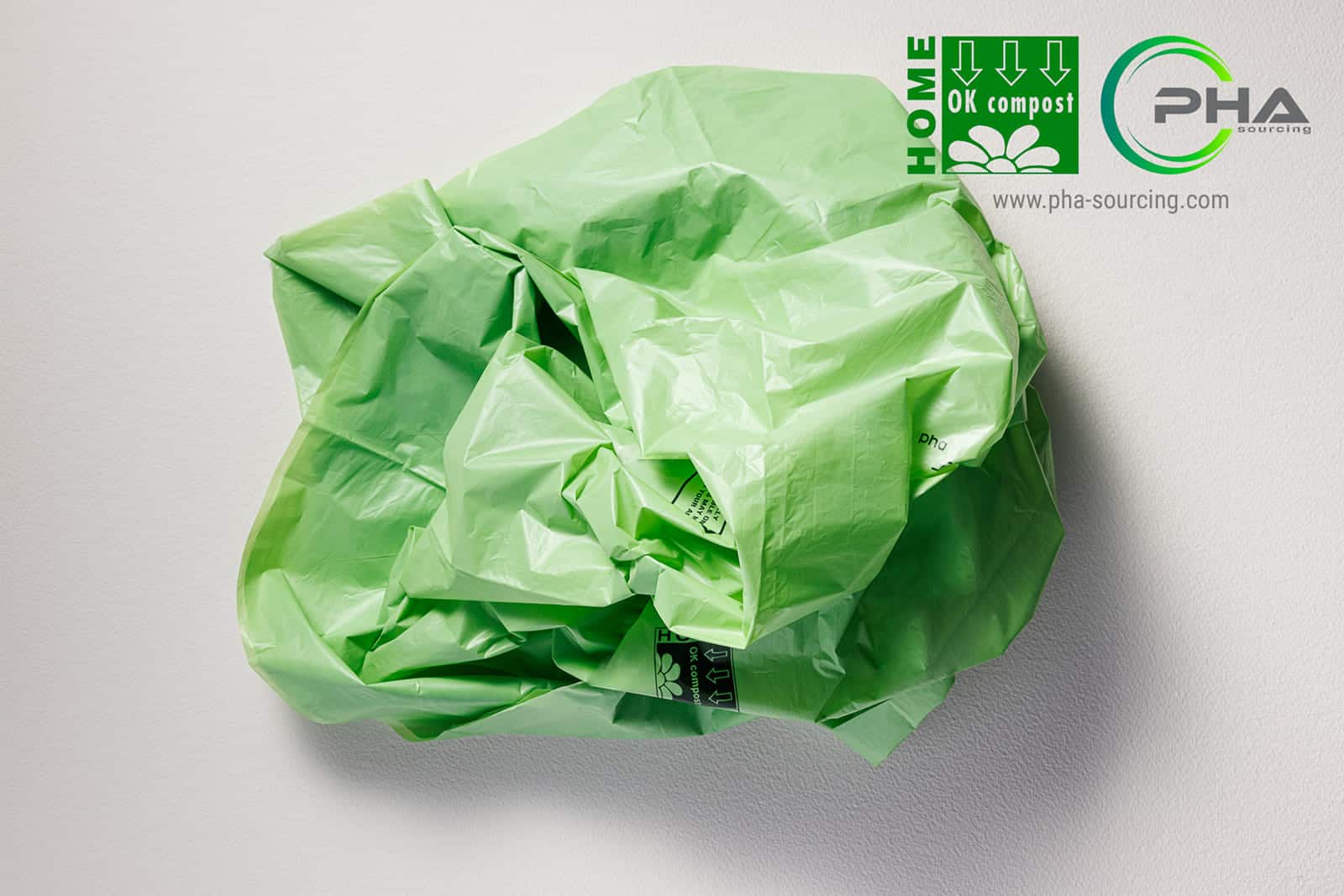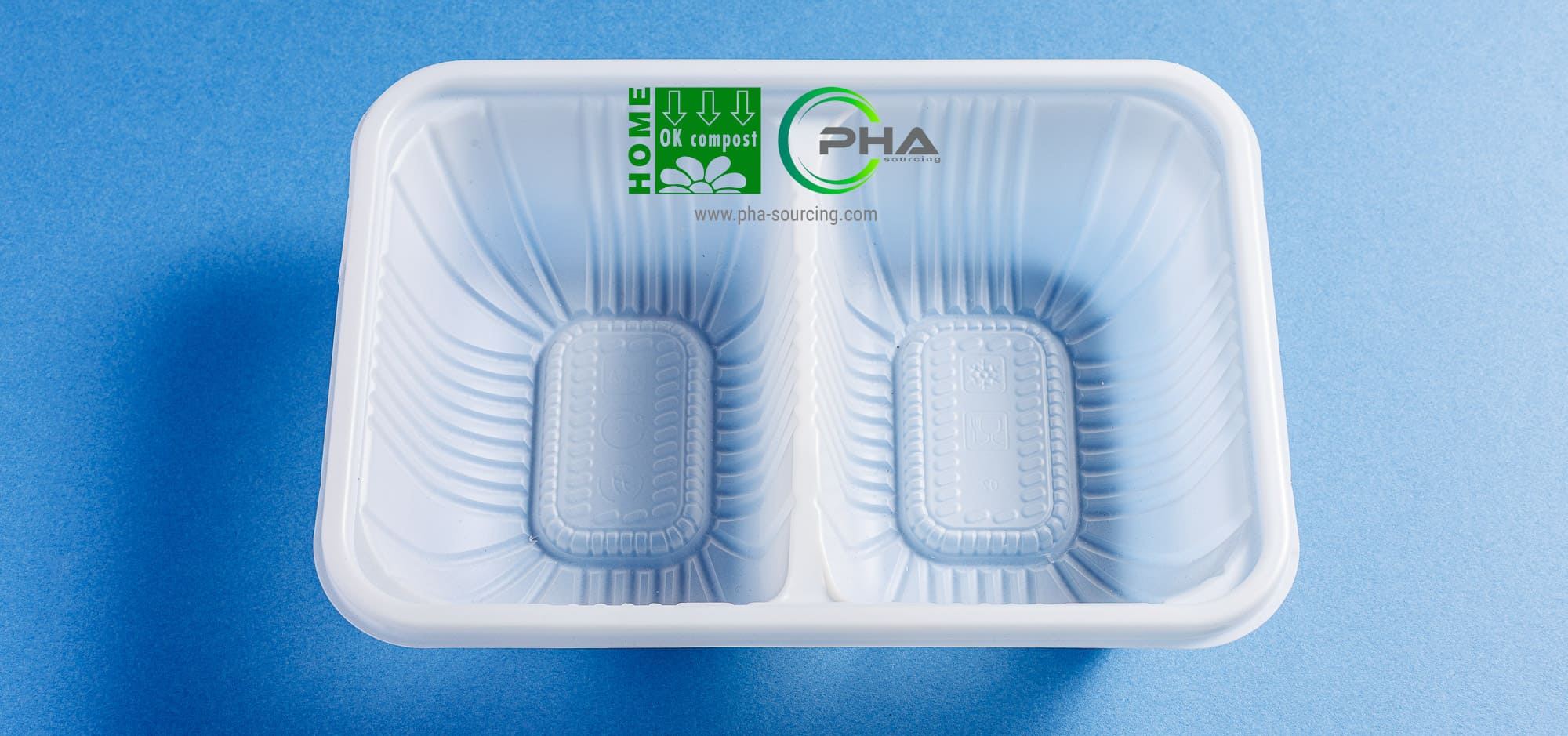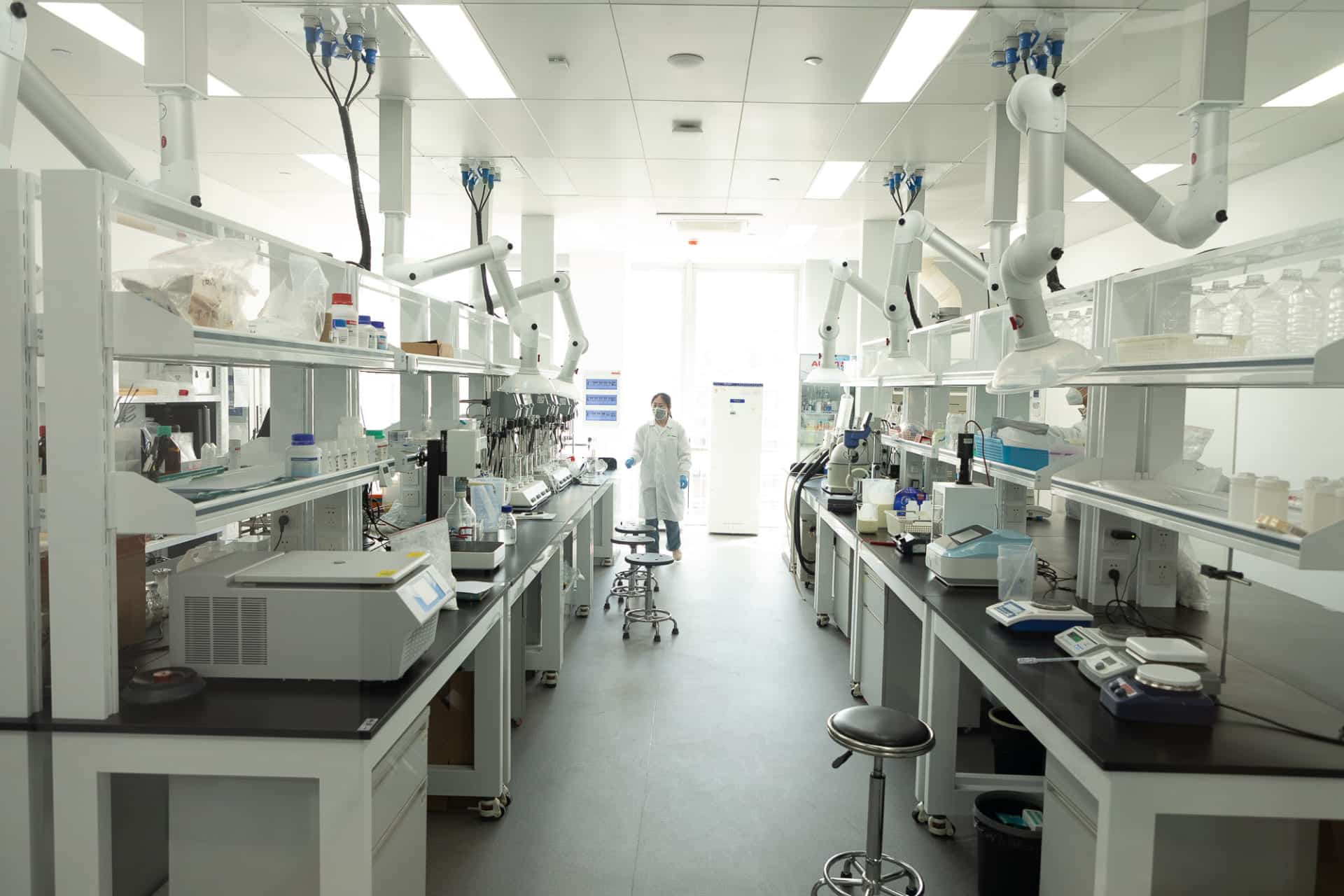A Thoughtful Solution for Vulnerable Customers
Starbucks Korea has taken a significant step toward inclusivity with the introduction of plant-based plastic straws made from sugarcane. This pilot program, currently implemented in approximately 200 stores nationwide, specifically targets locations near hospitals and residential areas to better serve customers who face challenges with traditional paper straws.
Who Benefits from This Initiative?
The new straws are particularly beneficial for:
- Medical patients who may have physical limitations
- Young children who need more durable drinking solutions
- Elderly customers seeking user-friendly alternatives
Starbucks’ Commitment to Sustainable Packaging
This initiative builds upon Starbucks Korea’s ongoing efforts to reduce environmental impact through innovative packaging solutions. The company’s sustainability timeline includes:
Key Milestones in Starbucks’ Green Journey
| Year | Initiative | Environmental Impact |
|---|---|---|
| 2018 | Transition to paper straws | Eliminated conventional plastic straws |
| 2021 | Disposable cup phase-out plan | Commitment to eliminate single-use cups by 2025 |
| 2023 | Reusable cup program | Reduced waste through dine-in mugs and personal cups |
The Broader Context of Sustainable Food Service
This development occurs within a changing regulatory landscape. In 2023, South Korea’s Ministry of Environment adjusted restrictions on single-use items to support small businesses, while maintaining a focus on sustainability. This balanced approach reflects the complex challenges faced by the food service industry as it seeks to meet both customer needs and environmental goals.
Exploring Advanced Bioplastic Solutions
As companies like Starbucks Korea innovate with plant-based materials, the packaging industry continues to evolve with even more advanced solutions. Among these, Polyhydroxyalkanoates (PHA) represent a particularly promising development in sustainable materials science.
How PHA Compares to Plant-Based Plastics
While plant-based plastics like those used in Starbucks’ new straws offer improvements over conventional plastics, PHA materials present additional advantages:
- Enhanced biodegradability in various environments, including marine conditions
- Superior performance characteristics that maintain durability while being compostable
- Versatility in applications beyond straws, including food packaging and beverage containers
The Future of Sustainable Food Service
As demonstrated by Starbucks Korea’s initiative, the food service industry continues to explore innovative solutions that balance accessibility, performance, and sustainability. The ongoing development of advanced materials like PHA suggests that even more effective solutions may be on the horizon, offering the potential to meet diverse customer needs while significantly reducing environmental impact.





